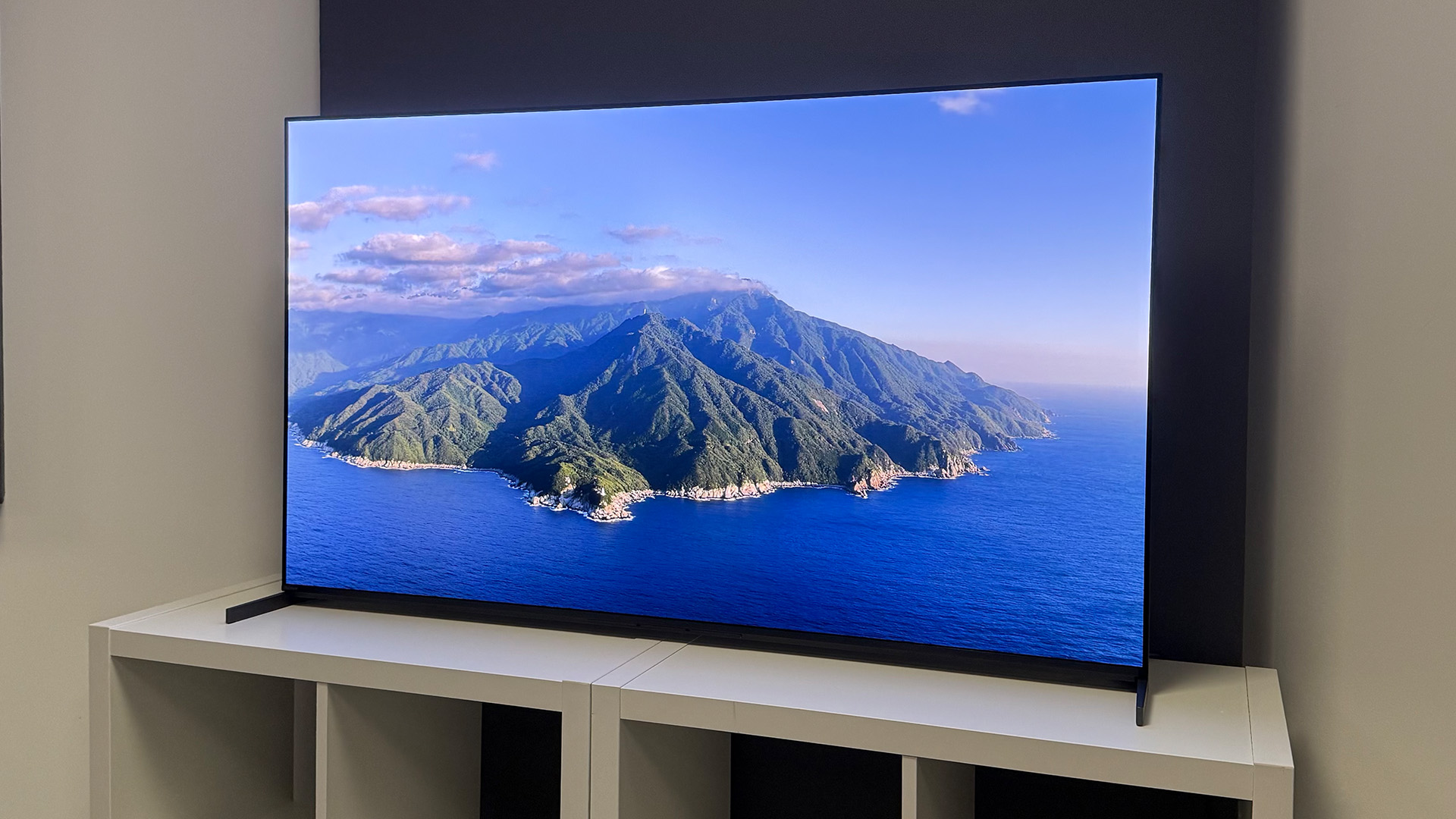Sony's 'father of the CD' has died, aged 81
Former president and chairman Norio Ogha, adviser to the company until his death, was responsible for 'redefining Sony as a company encompassing both hardware and software'
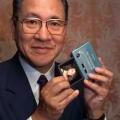
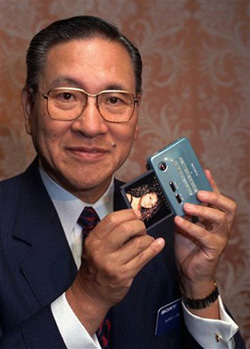
The death has been announced of former Sony president and charman Norio Ohga.
He was widely credited with turning the company from a mere player in audio and video into a global entertainment leader.
Ogha, who was 81, helped define the compact disc, and drove Sony's introduction of the format, along with DVD and MiniDisc.
He also oversaw the launch of the company's game division, Sony Computer Entertainment, the development of the PlayStation, and Sony's acquisition of Columbia Pictures to create Sony Music Entertainment.
He originally trained to be an opera singer, became an accomplished orchestral conductor and was chairman of the Tokyo Philharmonic Orchestra until his death. He had been scheduled to conduct the orchestra on May 4th in charity concert to support relief efforts following the March 11th earthquake and tsunami.
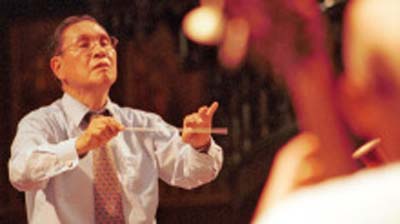
It was his early dissatisfaction with one of Sony's products that first got him involved with the company: he wrote a letter saying he wasn't happy with one if its tape recorders, and this led to the offer of a job.
In 1953, while he was still a student, Sony founders Masaru Ibuka and Akio Morita appointed him a consultant and adviser to the company (then called Tokyo Telecommunications Engineering Corporation), and he joined Sony full-time in 1959.
The latest hi-fi, home cinema and tech news, reviews, buying advice and deals, direct to your inbox.
Ogha rose rapidly through the ranks at Sony, leading Sony's negotiations with CBS in the 1960s, and becoming president of CBS Sony Records in the 1970s while he was still in his thirties.
He created the Sony philosophy of creating products that were 'attractive in the eyes of consumers', and developed the brand, telling employees that 'The four letters of the Sony brand are our greatest asset'.
Seeing the potential of the CD in its early days, Ohga was not only heavily involved in ensuring Sony's part in its development and commercialisation, but also defined the format.
It was at his insistence that the CD became a 12cm disc, giving a playing time of 75min: his classical music training meant he wanted listeners to be able to enjoy all of Beethoven's Ninth Symphony without interruption.

Sony launched its first CDs and players in 1982, and within five years CDs were outselling LPs in Japan.
Ohga was also responsible for encouraging Sony's developments such as MiniDisc and DVD, both based on the original CD specifications, and in 1993 was behind the establishment of Sony Computer Entertainment, and the PlayStation brand.
It was Ohga who saw the need for a replacement for the compact cassette and, having spotted an early prototype of the recordable CD from the company's Audio Development Group, advised them that 'You should develop a recording and playback device that uses a disc smaller than the CD to replace the audio compact cassette'.
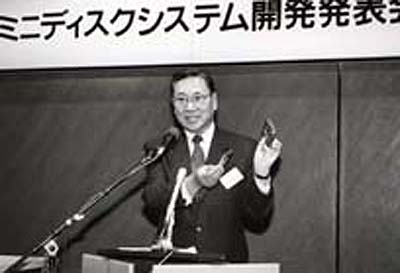
And he announced the arrival of the MiniDisc at conferences in Japan and the USA, becoming the leader of the company's efforts to get MD adopted as a standard in the face of competition from Philips' Digital Compact Cassette.
Ohga became president of Sony in 1982, and CEO in 1989, in 1994 succeeding Akio Morita as company chairman. He entered semi-retirement in 2000, though he remained Chairman of the Board, and on his 73rd birthday in 2003 retired from the board and took the title of Honorary Chairman.
His importance to the company was clear in 2001 when, conducting the Tokyo Philiharmonic Orchestra in Beijing, he fainted and was briefly hospitalised for what was thought to be a minor stroke. Sony's shares dipped 6% as a result.
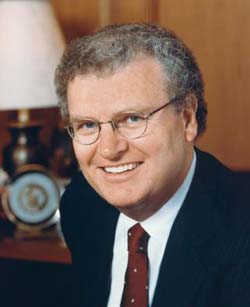
Sony's current Chairman, CEO and President, Sir Howard Stringer (left), said that 'When I first joined Sony in 1997, Ohga-san was serving on the frontlines of Sony management as Chairman and CEO.
'His numerous and successful endeavors were well-known both inside and outside of Sony.
'Witnessing Ohga-san's leadership firsthand was truly an honor, and one I continued to enjoy and benefit from in countless ways in the years that followed.
'By redefining Sony as a company encompassing both hardware and software, Ohga-san succeeded where other Japanese companies failed.
'It is no exaggeration to attribute Sony's evolution beyond audio and video products into music, movies and game, and subsequent transformation into a global entertainment leader, to Ohga-san's foresight and vision.'
Andrew has written about audio and video products for the past 20+ years, and been a consumer journalist for more than 30 years, starting his career on camera magazines. Andrew has contributed to titles including What Hi-Fi?, Gramophone, Jazzwise and Hi-Fi Critic, Hi-Fi News & Record Review and Hi-Fi Choice. I’ve also written for a number of non-specialist and overseas magazines.
